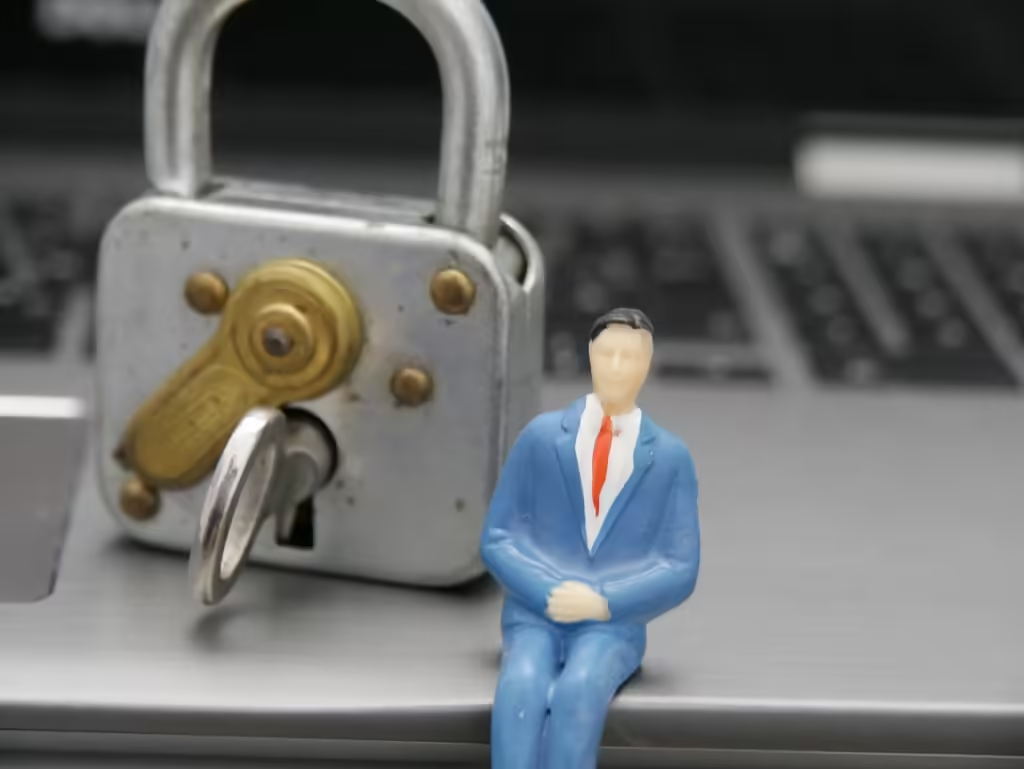Indonesia’s critical infrastructure is the backbone of the nation. These systems, including power grids, water supplies, transportation networks, and communication systems, are essential for the functioning of the country. A disruption in any of these systems can cause widespread chaos, economic loss, and even endanger lives. Hence, ensuring their cybersecurity for critical infrastructure is paramount.
Cyber threats to critical infrastructure are on the rise. With the increasing digitization of these systems, they have become prime targets for cyberattacks. Hackers can disrupt services, steal sensitive data, and even cause physical damage. Protecting these vital systems from cyber threats is not just a technological issue; it is a matter of national security.
Have you ever wondered how a hacker could impact your daily life? Imagine waking up to a citywide blackout, no access to clean water, or disrupted transportation. These scenarios are not just the stuff of movies. They are real threats that can happen if we do not prioritize cybersecurity for our critical infrastructure. What steps can we take to protect ourselves?
Table of Contents
Common Cyber Threats to Critical Infrastructure
Critical infrastructure faces a variety of cyber threats. One of the most common is ransomware. This type of malware locks down systems or data until a ransom is paid. In recent years, there have been numerous high-profile ransomware attacks on infrastructure, causing significant disruptions.
Another major threat is phishing. Cybercriminals use deceptive emails or messages to trick individuals into revealing sensitive information. Once they have access, they can infiltrate the system, steal data, or cause operational havoc. This method exploits human vulnerabilities, making it a persistent threat.
Advanced Persistent Threats (APTs) are another significant concern. These are long-term targeted attacks where cybercriminals gain unauthorized access and remain undetected for an extended period. Their goal is often to steal sensitive information or sabotage the system. These attacks require sophisticated security measures to detect and prevent.
Are you curious about how these threats actually work? Picture a sneaky thief who finds a hidden way into a house and stays undetected for months, slowly stealing valuables. That is how APTs operate. Now, think about what would happen if such a thief targeted our power grid or water supply. The consequences could be disastrous. So, what can we do to defend against such stealthy attacks?
Measures to Protect Critical Infrastructure
Protecting critical infrastructure requires a multi-layered approach. One essential measure is implementing robust firewalls and intrusion detection systems. These tools help monitor and filter traffic, blocking unauthorized access and detecting suspicious activities.
Regular software updates and patches are also crucial. Cybercriminals often exploit vulnerabilities in outdated software. By keeping systems up to date, organizations can close security gaps and protect against known threats. This proactive approach can significantly reduce the risk of cyberattacks.
Employee training is another vital aspect of cybersecurity. Human error is a significant factor in many cyber incidents. Educating employees about cyber threats and safe practices can help prevent phishing attacks and other social engineering tactics. An informed workforce is a strong line of defense against cyber threats.
Have you ever been curious about how to create a more secure work environment? Think about it like locking your doors and windows before leaving home. Regular software updates and employee training are like ensuring every entry point is secure. How often do you update your software and train your employees on cybersecurity?
The Role of Government in Cybersecurity
The government plays a critical role in securing critical infrastructure. In Indonesia, various agencies work together to develop and implement cybersecurity policies. These policies set the standards and guidelines for protecting vital systems from cyber threats.
Public-private partnerships are also essential. Collaboration between the government and private sector can enhance the overall cybersecurity posture. By sharing information and resources, both parties can develop more effective strategies to combat cyber threats. This cooperative approach ensures a unified defense against cyberattacks.
Regulations and compliance are crucial elements of government involvement. Establishing and enforcing cybersecurity regulations helps ensure that organizations follow best practices. Compliance with these regulations not only protects the infrastructure but also fosters a culture of security within the industry.
Have you ever thought about the government’s role in your daily digital security? It is like having a neighborhood watch program. The government sets the rules and helps coordinate efforts to keep everyone safe. How can public-private partnerships further enhance our cybersecurity efforts?

The Future of Cybersecurity for Critical Infrastructure
The future of cybersecurity for critical infrastructure is both promising and challenging. Emerging technologies such as artificial intelligence (AI) and machine learning (ML) offer new ways to detect and respond to cyber threats. These technologies can analyze vast amounts of data, identify patterns, and predict potential attacks, enhancing the overall security posture.
However, these advancements also come with their own set of challenges. Cybercriminals are constantly evolving their tactics, making it a continuous battle to stay ahead. Investing in research and development is essential to keep up with the ever-changing cyber threat landscape. This proactive approach can help anticipate and mitigate future risks.
International collaboration is another key factor. Cyber threats are not confined by borders. Working with other countries to share intelligence and best practices can strengthen global cybersecurity efforts. This collective approach ensures a more resilient defense against cyber threats.
Have you ever wondered how AI could change the future of cybersecurity? Imagine a super-smart guard dog that can sniff out intruders from miles away and alert you before they even get close. That is what AI and ML can do for cybersecurity. What role do you think international collaboration will play in the fight against cyber threats?
Cybersecurity for Critical Infrastructure with Matur Intech Cyberhub
At Matur Intech Cyberhub, we understand the critical importance of securing Indonesia’s vital systems. Our comprehensive cybersecurity solutions are designed to protect your infrastructure from the ever-evolving threats. With our state-of-the-art technology and expert team, we provide robust protection and peace of mind.
Let us be your trusted partner in safeguarding your critical infrastructure. Visit us at Matur Intech Cyberhub to learn more about our services and how we can help you stay secure in an increasingly digital world. Together, we can build a resilient and secure future for Indonesia.


